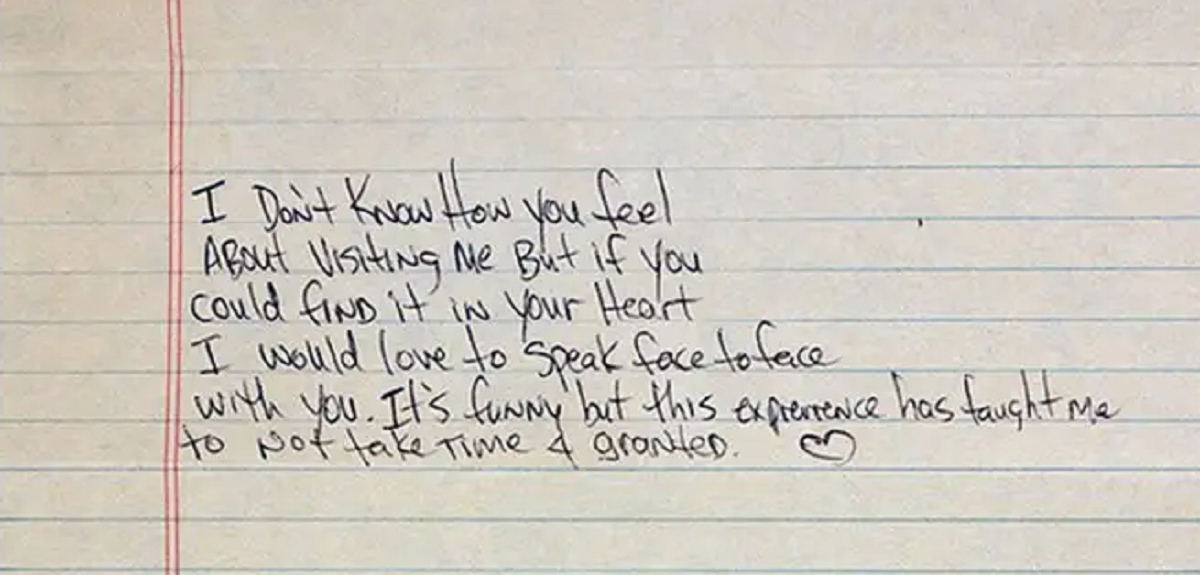Tupac Shakur’s Break-Up Letter to Madonna

Tupac Shakur and Madonna dated briefly in 1994. According to Tupac’s brother Mopreme, the relationship began when Madonna passed Tupac a note during a press day for Above the Rim. The two of them broke up sometime before Tupac was shot on November 30, 1994 as part of a robbery at the Quad Recording Studios in Manhattan. Shortly after he was shot, Tupac was convicted of three counts of molestation as part of a sexual abuse case brought against him in 1993.
While in jail, Tupac wrote a letter to Madonna. This letter appears to have been sold at auction by Madonna’s former friend, art dealer Darlene Lutz, in 2018, after Madonna lost a legal fight to have it returned to her and keep it from being sold. Exactly what became of the letter is unknown.
It’s a remarkable letter, although parts of it have been blurred out by the auction house. The Independent focuses on the fact that Tupac was concerned about being seen publicly dating a white woman:
Can u understand that? For you to be seen with a black man wouldn’t in any way jeopardise your career. If anything it would make you seem that much more open & exciting. But for me at least in my previous perception, I felt due to my ‘image’ I would be letting down half of the people who made me what I thought I was. I never meant to hurt you.
Tupac was also upset by an interview that Madonna gave where she said, “I’m off to rehabilitate all the rappers and basketball players.”
“Those words cut me deep seeing how I had never known you to be with any rappers besides myself,” Tupac writes in the letter. “It was at this moment out of hurt & a natural instinct to strike back and defend my heart & ego that I said a lot of things.”
In her note on the letter, “Please Do Say Forgive Me,” Chandra Steele focuses instead on the nature and quality of Tupac’s apology.
Celebrities are separated from us by our perception of their godlike attainment of what we’re supposed to want: fame and money and sex. But when Tupac refers to their relationship, he uses words of humanity and humility. “I haven’t been the kind of friend I know I am capable of being” is how he frames the apology. It’s an empathy that some never access within themselves, no matter how many classes they take in unlocking their chakras. Later he tells Madonna, “I offer my friendship once again, this time much stronger and focused.” …
What’s more remarkable than what’s written is what isn’t. Tupac does not overstep the bounds of being an ex-lover. He does not push a selfish agenda. He has the wisdom to balance what he wants with what is warranted after leaving sans explanation. He does not burden her by asking for her forgiveness.
And then there are Tupac’s closing words:
I Don’t Know How you feel
About visiting me But if you
could find it in your Heart
I would love to speak face to face
with you. It’s funny but this experience has taught me
to Not take time 4 granted. [heart]





Stay Connected